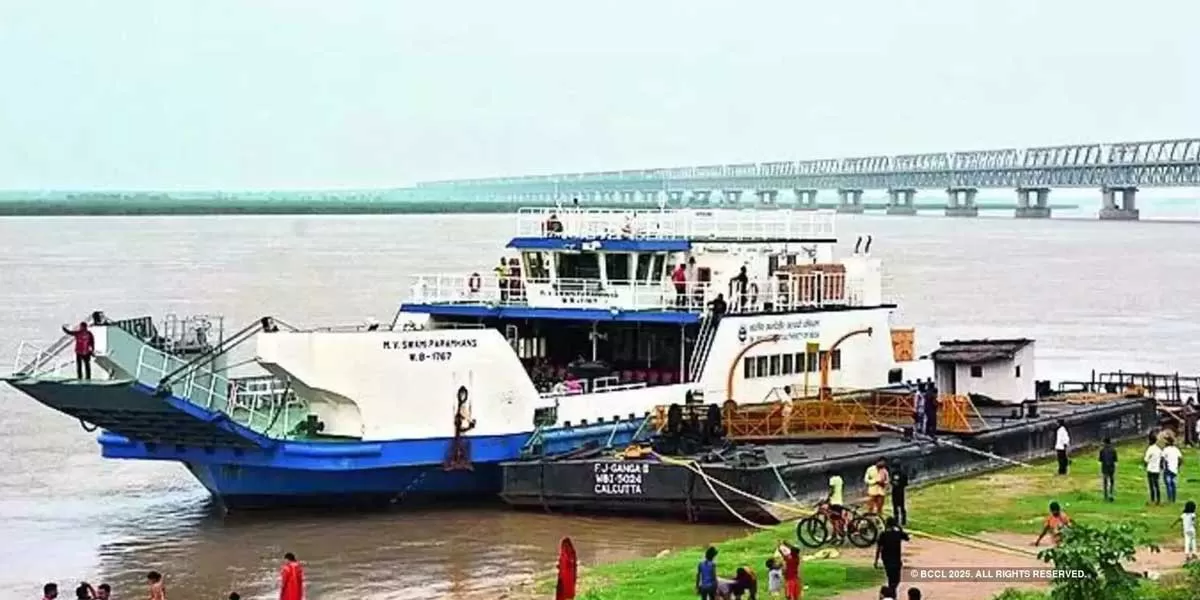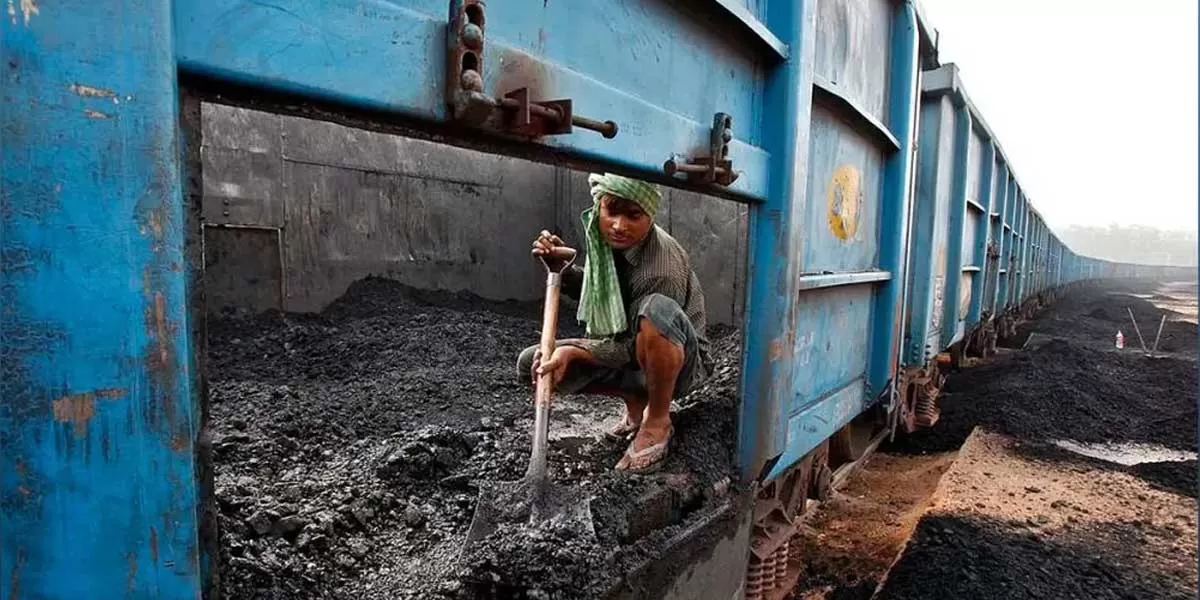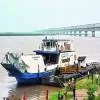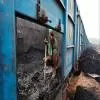
PM Modi flags off 2nd Varanasi-New Delhi Vande Bharat Express
Redefine the future of urban mobility! Join us at the Metro Rail Conference 2025 to explore groundbreaking ideas and insights. 👉 Register today!

Rs 500 Billion Investment Announced for Inland Waterways Development
The Inland Waterways Development Council (IWDC) convened its second meeting under the leadership of Union Minister for Ports, Shipping, and Waterways, Sarbananda Sonowal, at Kohora, Kaziranga. The event witnessed significant announcements, including an investment of over Rs 500 billion over the next five years to enhance inland waterway infrastructure across India. The IWDC, organised by the Inland Waterways Authority of India (IWAI), unveiled projects worth Rs 14 billion in 21 states. Among the key initiatives announced was the Riverine Community Development Scheme, aimed at boosting the soc..

Minister Reddy to Join Global Mining Event in Riyadh
G Kishan Reddy, Coal and Mines Minister, is set to embark on a three-day official visit to Riyadh, Saudi Arabia, from January 14 to 16 to participate in a global mining event, according to a statement from the Ministry of Mines. The Future Minerals Forum 2025, hosted by Saudi Arabia, will feature a ministerial round table focused on discussions around mineral supply chains and energy transitions. During the visit, Reddy is expected to engage with mining ministers from various countries and interact with members of the Indian diaspora in Riyadh. India holds the position of the second-largest..

JSW Energy Receives Intent to Acquire 3.6 GW KSK Mahanadi Plant
JSW Energy announced its successful bid to acquire KSK Mahanadi Power Company (KMPCL), which operates 3,600 MW thermal power plants, as part of insolvency proceedings. The acquisition, approved by the Committee of Creditors, is subject to regulatory clearances from the National Company Law Tribunal (NCLT) and the Competition Commission of India (CCI), the company revealed. The company stated that it had received a Letter of Intent (LoI) from the Resolution Professional for its resolution plan under the corporate insolvency resolution process, as outlined by the Insolvency and Bankruptcy Code..















